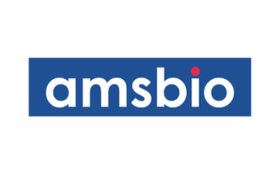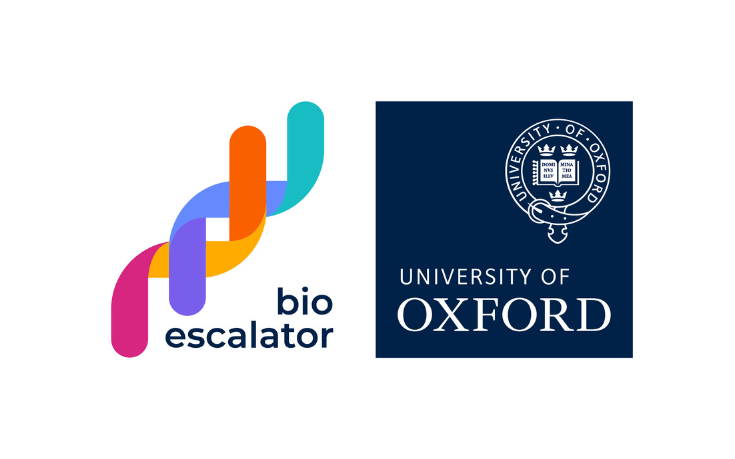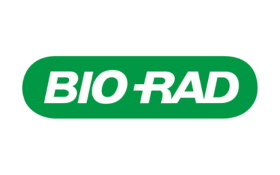First Oxbridge spin-out takes new R&D lab space at The Oxford Trust’s Wood Centre for Innovation
Helio Display Materials, the first joint Oxford and Cambridge university spin-out, has taken 3,266 sq ft (303 sq m) of R&D laboratory and office space at The Oxford Trust’s Wood Centre for Innovation in Headington.
Helio Display Materials was founded by and Professor Henry Snaith FRS, also founder of the successful Oxford PV, and Professor Sir Richard Friend FRS FREng, both leaders in perovskite technology. The company has recently completed a £3.5 million funding round led by Longwall Venture Partners and BGF.
Helio Display Materials uses innovations based on the outstanding properties of metal halide perovskites to create materials for a new generation of brighter, more colourful displays that use significantly less power. The application of the technology for LCD, OLED and µLED displays enables increased brightness, colour range and power efficiencies that were previously thought unachievable at industrial scale.
Simon Jones, chief executive officer, Helio Display Materials said: “I have been deeply impressed by the professional and flexible response of the Wood Centre for Innovation team to Helio’s specialist requirements. Working together, we are creating the perfect home for Helio’s next exciting phase of accelerated product development.Its hugely valuable that the Wood Centre for Innovation is there for companies like Helio and I look forward to being part of the active community of technology start-ups that they have created.”
Helio Display Materials is one of eight companies to take space following a two phase £1 million high spec laboratory conversion project at the Wood Centre for Innovation which has seen a total of 9,500 sq ft of office space converted into bioscience and deep tech facilities in response to the unprecedented demand from science and tech start-ups wanting to be based in Oxford. The conversion project has been helped by £0.3 million of support from the Government’s Local Growth Fund, secured by Oxfordshire Local Enterprise Partnership.
Phase 1 has attracted stellar companies including DJS Antibodies, Samsara Therapeutics, Human Centric DD, and LabMedExpert. In Phase 2 the remaining space has been taken by two companies: OxDX and RedShiftBio.
University of Oxford spin out, OxDX Ltd, which is creating instant disease diagnostics using super-resolution microscopy and machine learning. OxDX has recently announced a £2.6 million pre-seed fundraise to develop their AI powered rapid diagnostic technology. The funds will support the expansion of their team and further validation of their novel technology, and ultimately help to improve the cost and access to infectious disease diagnostic worldwide.
RedShiftBio (RedShift BioAnalytics) provides next-generation platform technology enabling measurements of previously undetectable structure changes in biomolecules through a powerful new analytical technique, Microfluidic Modulation Spectroscopy (MMS). RedShiftBio’s flagship instrument, the AQS3pro, provides in-depth structural information in a single automated analysis, enabling users to detect pivotal changes in molecular structure that affect the critical quality attributes governing the safety, efficacy, and stability of biomolecules and their raw materials.
These latest companies to join the Trust’s community of science and tech start-ups will mean that both the Trust’s innovation centres – the Wood Centre for Innovation in Headington and the Oxford Centre for Innovation in the city centre – are almost at full occupancy with 40 high tech, software and support companies.
Steve Burgess, chief executive officer, The Oxford Trust said: “We warmly welcome Helio Display Materials as a shining example of an Oxbridge spin-out collaboration, and indeed all our new customers and their staff. It is thanks to OxLEP for securing a second tranche of national government funding – alongside the Trust’s significant own investment – that we have been able to accelerate lab provision at our Wood Centre for Innovation that will give early-stage companies the opportunities they need to achieve their potential. It is a real endorsement of what we do to have the first and second phases of our lab development supported by the Local Growth Fund.
“We now offer a complete range of spaces in our two innovation centres from virtual offices and co-working to grade A office space and class II life science laboratory facilities to support science and tech start-ups focused on R&D on their journey to success.”






